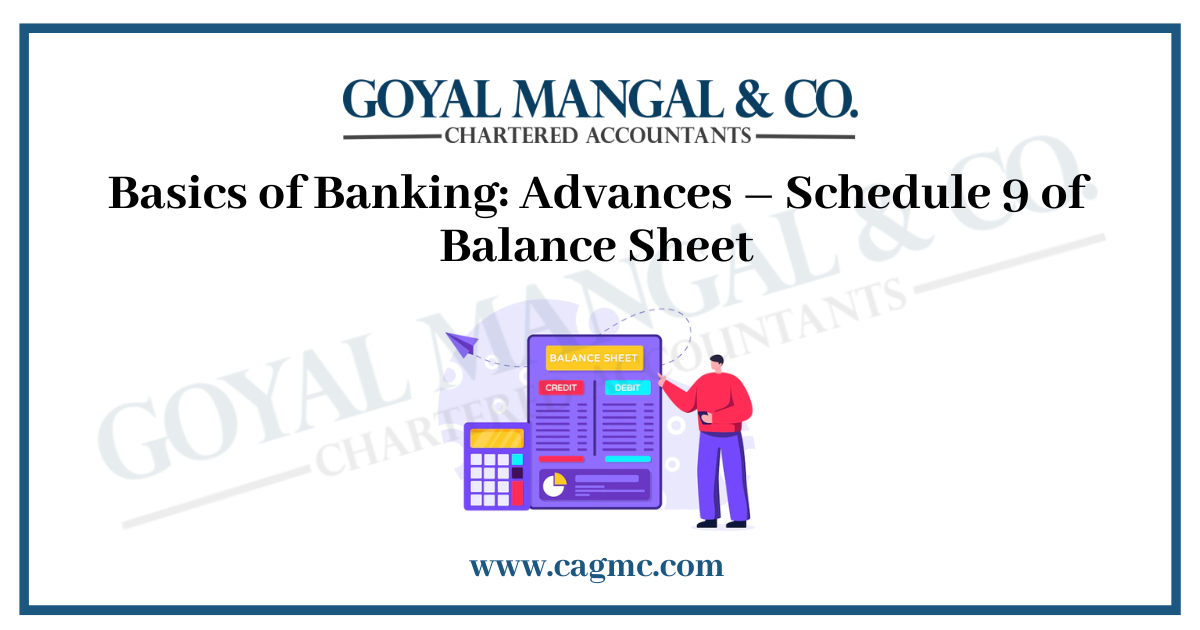
When it comes to banking knowledge or the general awareness component of bank examinations, the basics of banking are crucial. Banking fundamentals are also vital for future banking and finance professionals. For its customer base, the banking business handles credit, currency, and several other sorts of financial transactions.
Key Abstract
A bank is a financial entity that tries to give credit to its customers while also receiving deposits. These deposits are utilised by banks in order to provide loans to their customers.
Banks provide a variety of services, including the establishment of various types of bank accounts, checking balances, providing certificates of deposit, and so on. Let’s continue learning about the fundamentals of banking in the next parts by learning about the many types of bank accounts, various services provided by banks, and current features of banking.
Banking Fundamentals: Definition and Overview
A bank is a financial entity that accepts public deposits and develops demand deposits while also lending to its customers. Banks can make these loans either directly or through capital markets. Following India’s independence, the government started attempts to regulate the banking and corporate sectors.
To that end, the government enacted legislation outlining the banking and banking business in India. This statute was renamed the Banking Regulation Act, 1949 (hereinafter, referred as Act).
According to Section 5 (c) of the Act, “a banking institution is a company that transacts banking business in India.”
The banking business is defined in Section 5 (b) of the Act as “accepting for the purpose of lending or investing deposits of sums from the public, repayable on demand or otherwise, and withdrawal by check, draught, and order, or otherwise.”
Let us now discuss about the concept of Advances – Schedule 9 of Balance Sheet.
Meaning of Advance Payment
An advance payment is a type of payment made in advance of a regular schedule, such as paying for a good or service before you actually receive it. Sellers sometimes need advance payments to protect themselves against non-payment or to cover the cost of services or products. There are many cases where advance payments are required. Consumers with bad credit may be required to pay companies upfront, and insurance companies generally require upfront payment to extend coverage to the insured party.
Importance of Advance Payment
Advances are amounts charged prior to final receipt of goods or services. Any balance due will be paid immediately after payment is made. These forms of payment are different from deferred payments or arrears. In these cases, the goods or services are first delivered and then paid for. For example, an employee who is rewarded at the end of each month for that month’s work. Advances are reported as assets on the company’s balance sheet. When these assets are used, they are expensed and reported in the income statement in the period in which they are incurred. Backups are usually done in two cases. They may relate to sums of money paid before the contractually agreed due date or may be required before obtaining the requested goods or services.
What is Discounted and Purchased Bill?
This is a written instrument containing an unconditional undertaking signed by the maker to pay a certain sum of money to the bearer. Banks also provide advances to their customers by discounting their accounts. When discounting a bill of exchange, the bank buys the bill of exchange (i.e. a bill of exchange or its own bill) before its maturity and credits the value of the bill after the discount to the customer’s account. The transaction is practically an advance against the security of the promissory note, and the discount represents the interest on the advance from the date of purchase of the promissory note until maturity. The net amount after deducting the amount of the discount is credited to the customer’s account. A bank may discount a bill of exchange with or without any collateral from the borrower except for one or more persons who are already guarantors of the bill.
Concept of Cash Credits, Overdrafts and Loan Repayable on Demand
Let us examine these concepts one by one in detail.
- Cash credits: A cash credit is an arrangement whereby a banker allows his customer to borrow money up to a certain limit. Cash loans are usually concluded against the security of commodities/inventories, current assets secured or pledged with the bank. In the case of a cash loan, the borrower does not have to borrow the entire amount that he is likely to require at once, but draw such amounts as and when needed. He can take back any surplus he finds with him for the time being. Interest on a cash credit account must be paid monthly from the amount actually drawn and not from the full amount of the authorized credit/limit.
- Overdraft: The customer may be allowed to overdraft their checking account with or without collateral if they require temporary accommodation. These arrangements, such as a cash loan, are beneficial from the customer’s point of view, as they are liable to pay interest on the amount actually used.
- Demand Loans: A demand loan is a loan where the lender can demand full repayment at any time. This condition is understood by the creditor and the debtor from the beginning. A loan is a type of advance with or without collateral. In the case of a loan, the bank pays the borrower a lump sum or credits the advance money to his deposit account. Repayment is possible in instalments or after the maximum allowed advance payment period has expired (usually up to 1 year). A loan that has been fully or partially repaid once cannot be used again by the borrower unless the banker approves a new or top-up loan.
Advances in India (Priority Sectors; Public Sector; Banks and Others)
Advances should generally be divided into “Advances in India” and “Advances outside India”. Reserves in India will be further classified by sector as indicated. Advances to sectors which are for the time being classified as priority sectors as per RBI guidelines are classified under the head ‘Priority Sector’. Such items should be excluded from the heads ‘Public Sector’, ‘Banks’ and ‘Others’. Advances made to the Central/State Government and other Government Undertakings including Government Companies and Corporations which are under the status of Public Sector Undertakings to be processed will be included in the ‘Public Sector‘ category. All advances to the banking sector including cooperative banks will come under the heading “Banks”. All remaining advances will be included under the heading “Others”; usually this category will include non-priority advances to the private, joint and cooperative sectors.
Principal Accounting Policy with respect to Advances
Advances due from sick people who were nationalised under the nursing programme and in relation to a variety of sticky, suit-filed, and decreed accounts may be regarded good on the basis of:
- The current estimated value of main and collateral securities, as well as the personal worth of guarantors and borrowers.
- Relate Submitted for submission under several credit guarantee programmes
- Governmental claims that are pending resolution
Advances are to be reduced by provisions that must be made in order to satisfy the auditors. When advances are written off, any tax relief that is available must be taken into account in the year of the write-off.
Conclusion
The terminology of bank balance sheets differs from ordinary balance sheets prepared by non-financial institutions. Understanding B/S bank is not an easy task. Bank BS provides an overview of its various capitals such as tier I, tier II capital meeting norms and capital adequacy standards, liabilities like term deposits, savings deposits etc., assets like cash and cash equivalents, loans and advances etc. Application of various ratios, the user can analyse B/S banks.







